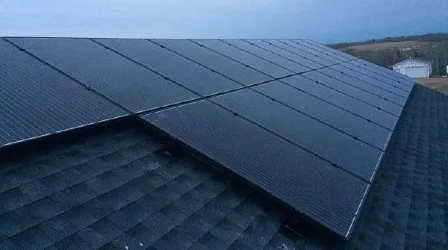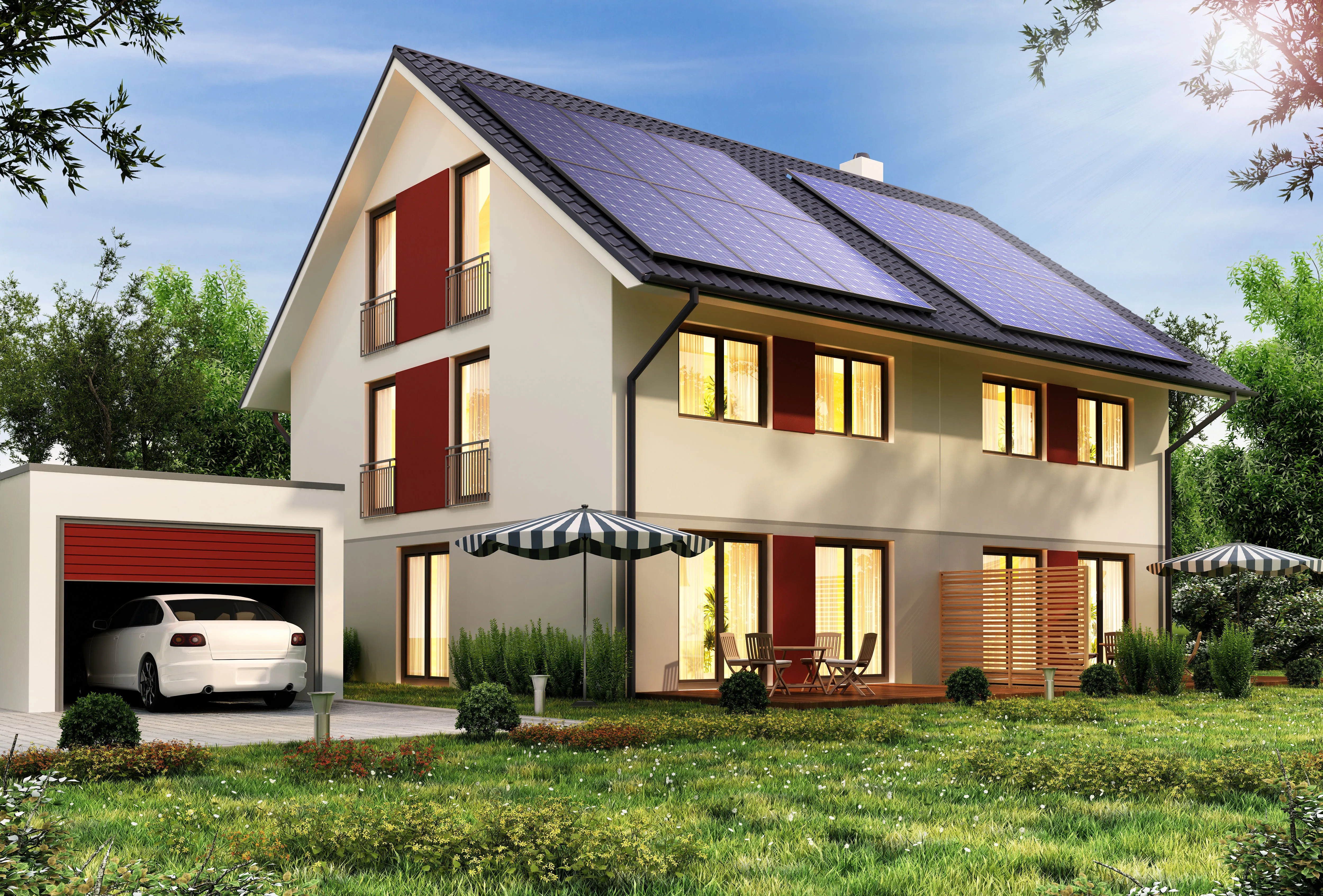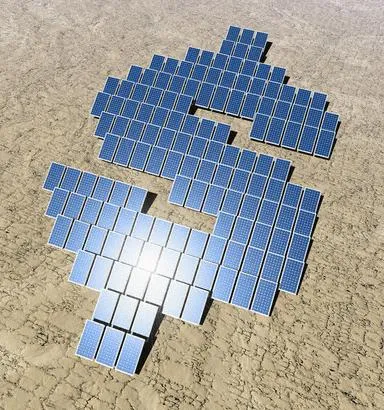The Aftermath of Hurricane Helene and Milton: How to Prepare and Why Solar Batteries Are Essential in Florida
We just suffered the devastating effects of Hurricane Helene, which sadly claimed over 230 lives counted so far since the publication of this article, causing widespread devastation across multiple states, including Florida, Georgia, South Carolina, North Carolina, Virginia, and Tennessee. The storm's impact was felt far and wide, leading to significant destruction and loss.
Just when we thought the worse of hurricane season was to an end, just about a week later after Helene, Hurricane Milton started forming and is expected to hit Tampa on Wednesday October 9th, 2024.
Hurricane Helene already left a path of destruction, highlighting the ever-growing importance of being prepared for extreme weather. As hurricanes become more frequent and severe due to climate change, residents of hurricane-prone areas like Florida need to rethink how they approach storm preparedness and energy security. One crucial strategy is the adoption of solar batteries, which offer a reliable backup power source during prolonged outages. In this article, we'll explore the impacts of Hurricane Milton, how Floridians can better prepare for future storms, and why solar battery systems are becoming a necessity for households in the Sunshine State.
The Devastating Impacts of Hurricane Milton
Hurricane Milton served as a stark reminder of the power and unpredictability of nature. High winds, torrential rain, and storm surges caused widespread flooding, power outages, and property damage across Florida. Thousands of homes were left without electricity for days, while emergency services worked tirelessly to restore order. These prolonged outages can be more than just inconvenient; they pose serious risks to safety and well-being, especially for those who rely on medical devices or refrigeration for essential medications.
Many Floridians have become accustomed to losing power during hurricane season, but as hurricanes increase in intensity, the outages are becoming longer and more disruptive. For instance, Hurricane Irma in 2017 left 6.7 million Floridians without power, some for as long as two weeks. As storms like Milton continue to batter the state, it's crucial for residents to take steps to ensure they can maintain access to electricity when the grid goes down.
How to Prepare for Future Hurricanes
While no one can predict the exact path or strength of a hurricane, there are steps that every Floridian can take to prepare for the inevitable. Key preparedness tips include:
- Emergency Kits: Keep a well-stocked emergency kit with essential supplies, such as water, non-perishable food, batteries, flashlights, a first aid kit, and necessary medications. Experts recommend having enough supplies to last at least 72 hours.
- Secure Your Home: Protect your property by installing storm shutters, reinforcing garage doors, and securing outdoor furniture or other objects that could become dangerous projectiles during a storm.
- Develop an Evacuation Plan: Know your evacuation routes and have a plan for where you’ll go if you need to leave your home. Ensure your family is aware of the plan and that you have a way to stay informed about local weather alerts and evacuation orders.
- Backup Power: Consider investing in a backup power source, such as solar batteries or a generator, to maintain electricity during outages. This can be critical for keeping lights on, staying connected to news and updates, and ensuring that vital systems like air conditioning and refrigeration continue to function.
Why Solar Batteries Are Becoming a Necessity
Solar battery storage systems are quickly becoming an essential part of hurricane preparedness in Florida, and for good reason. When paired with a solar panel system, batteries can store excess energy generated during the day, allowing you to power your home even when the grid goes down. Here are a few reasons why solar batteries are especially valuable in the context of frequent hurricanes:
- Reliable Backup Power: Unlike generators that rely on fuel, solar batteries can provide a clean, renewable source of power for days after a storm. This is particularly useful when fuel supplies are disrupted, which often happens in the wake of hurricanes.
- Energy Independence: With a solar battery system, you’re not solely reliant on the electrical grid. This independence allows you to continue using critical appliances and charging devices when power lines are down or when the utility companies are overwhelmed.
- Quiet and Clean Operation: Unlike gas-powered generators, which are noisy and emit harmful fumes, solar batteries are silent and environmentally friendly. This is especially beneficial for households with young children, elderly residents, or those who prefer a more sustainable option.
- Lower Energy Bills Year-Round: Solar batteries aren’t just useful during hurricanes—they can also help you save on energy bills by storing solar power for use during peak energy times or at night when your solar panels aren’t producing electricity.
- Enhanced Grid Resilience: By adopting solar battery storage, households contribute to a more resilient energy grid. In areas like Florida, where storms are common, decentralized power systems can help prevent widespread outages and reduce the strain on utilities.
Solar Batteries and Generators: A Winning Combo
While solar batteries offer numerous benefits, they’re often even more effective when used in combination with a traditional generator. Generators provide immediate power when the sun isn’t shining, while solar batteries can store power for longer durations and reduce the need for constant refueling. Together, these systems offer a comprehensive solution for maintaining electricity during extended outages, making them an ideal choice for Florida homeowners.
Conclusion: Prepare for the Future
Hurricane Milton is just the latest in a long line of destructive storms that underscore the need for preparedness in Florida. With hurricanes becoming more frequent and severe, it’s more important than ever for residents to take proactive measures. Solar battery storage offers a clean, reliable, and increasingly necessary solution for ensuring power stability during these extreme weather events. By investing in solar energy and backup systems, Floridians can protect their families, reduce their reliance on the grid, and ensure they’re ready for whatever the next hurricane season brings.




